Index returns to Chernobyl to discover the hidden lives that have continued to inhabit the region devastated by the nuclear explosion of 1986
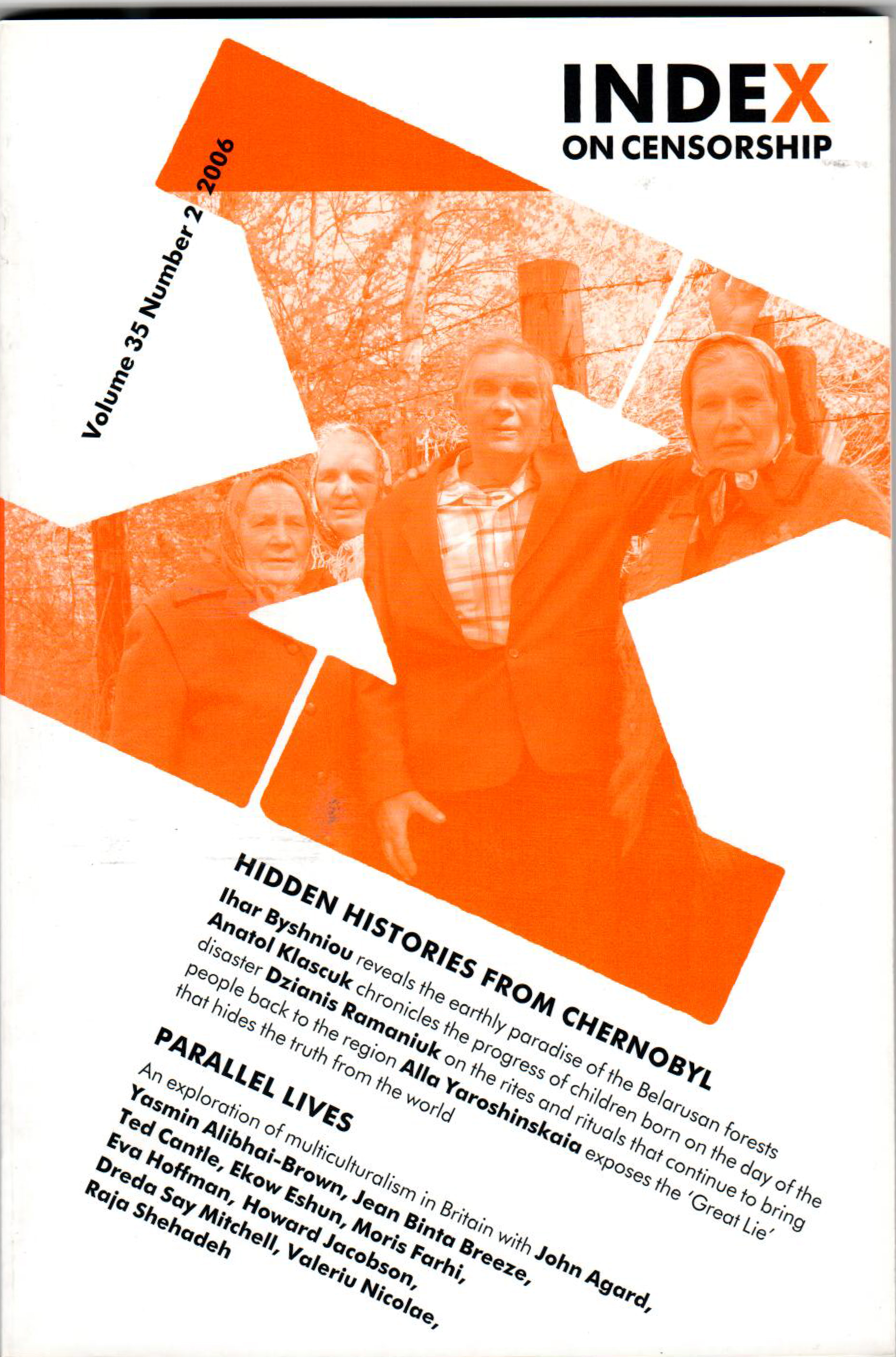

Index returns to Chernobyl to discover the hidden lives that have continued to inhabit the region devastated by the nuclear explosion of 1986
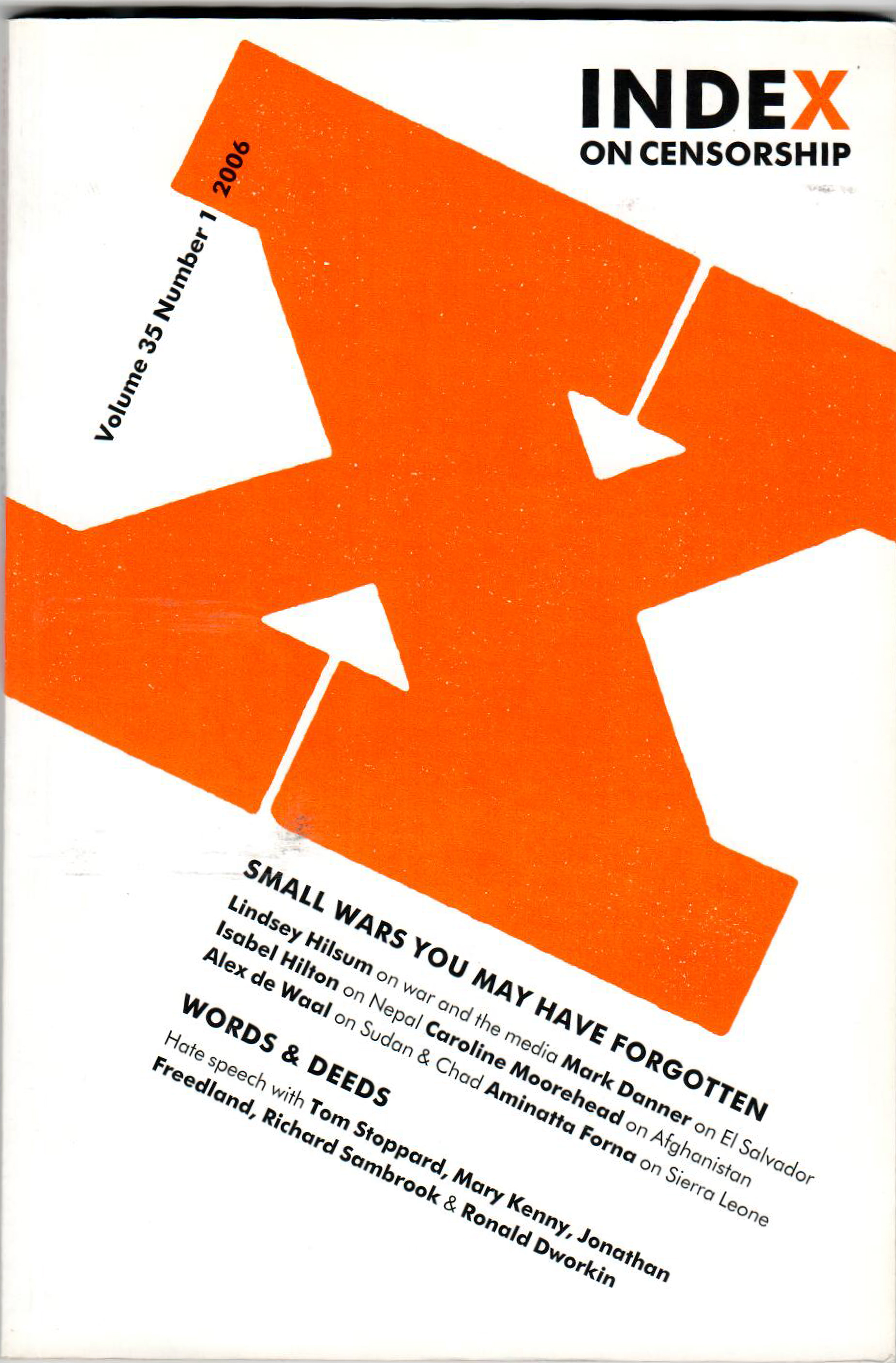
Index on Censorship magazine looks at some of the more recent wars to have invaded our screens and asks how they are now, the wars we have forgot.
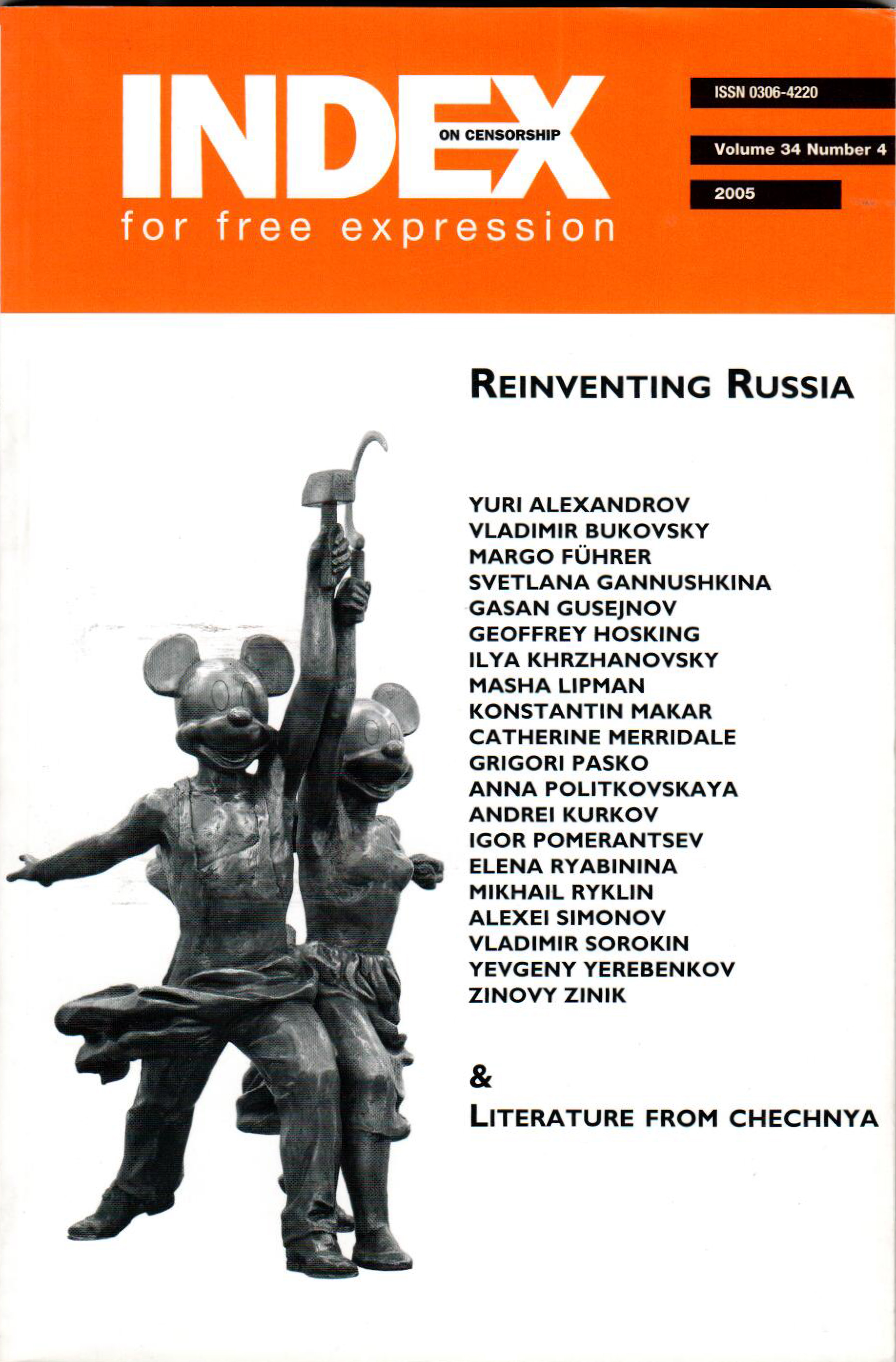
Index asked intellectuals, writers and dissidents to explain Russia. Instead, they raised a raft of interesting questions about the country.

Index on Censorship challenges the received wisdom: is it time to liberate Germany from the crippling burden of guilt? Do we have the courage to move on?
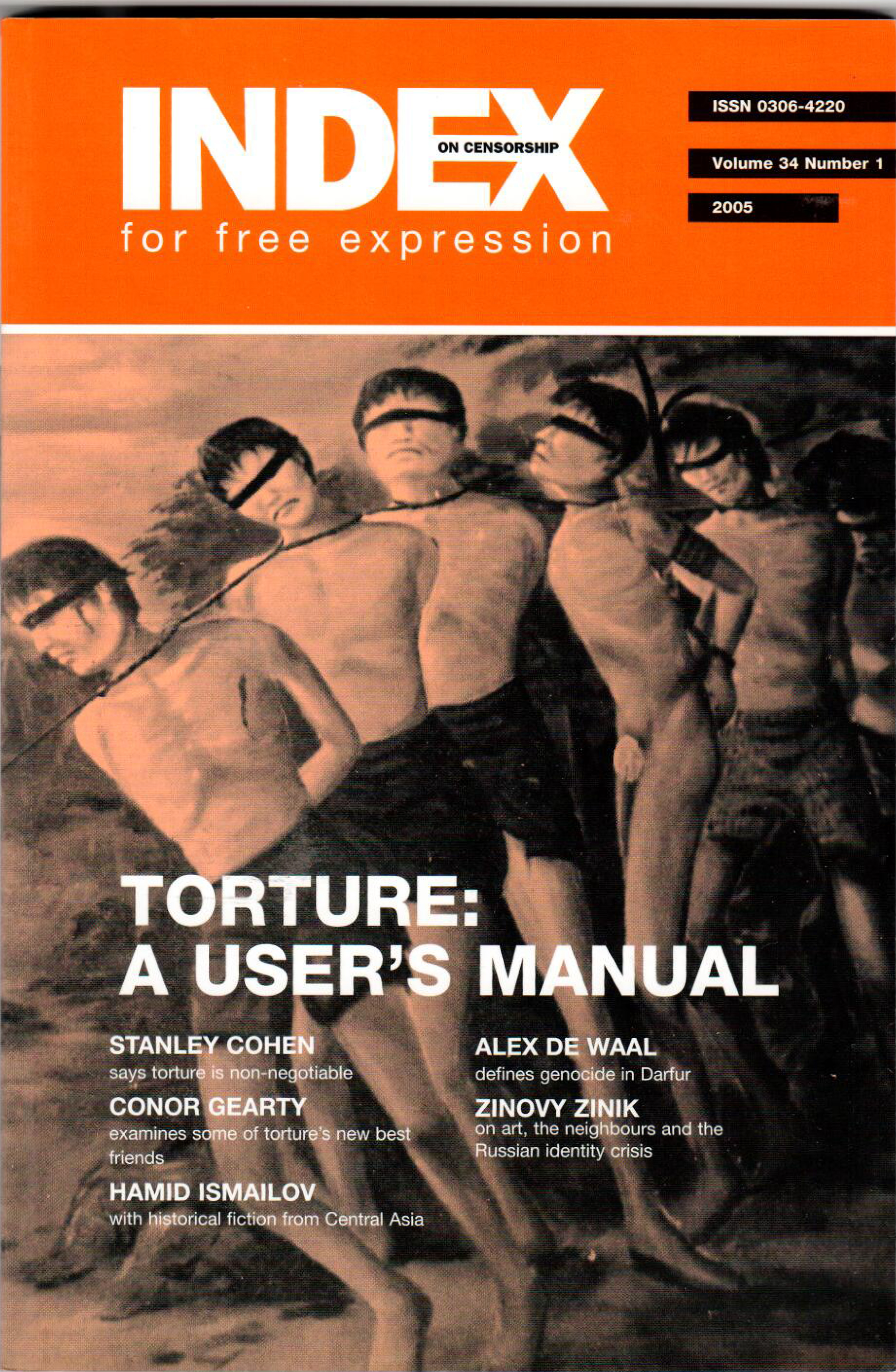
Torture is back in fashion it seems; in the face of the terrorist threat, we are told, a little refined torture is a very good thing. Index argues: Thou shall not
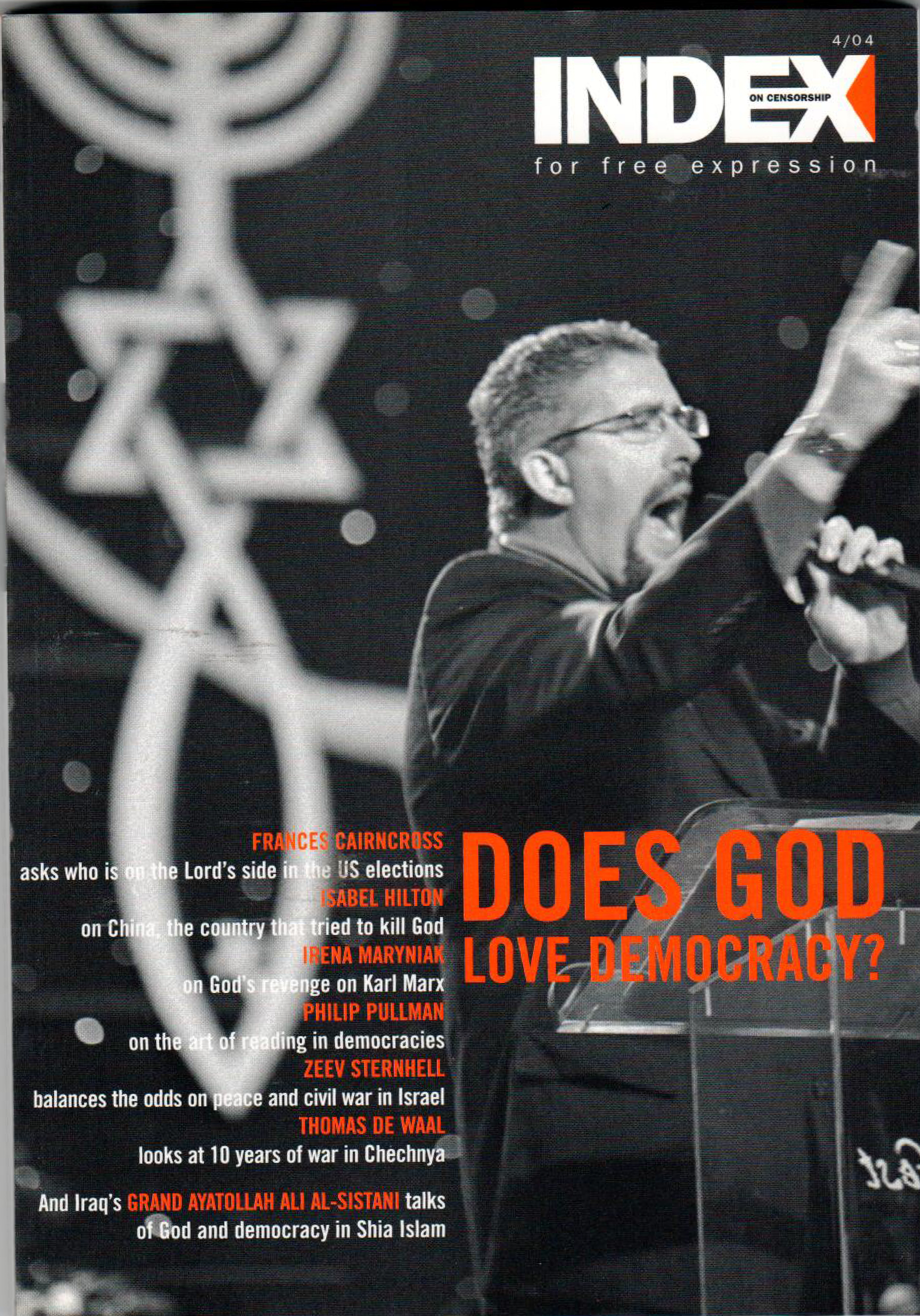
More intimately than at any time since the Middle Ages, and from the USA to China, the world’s religions are back in the thick of politics. To what effect and with what consequences?
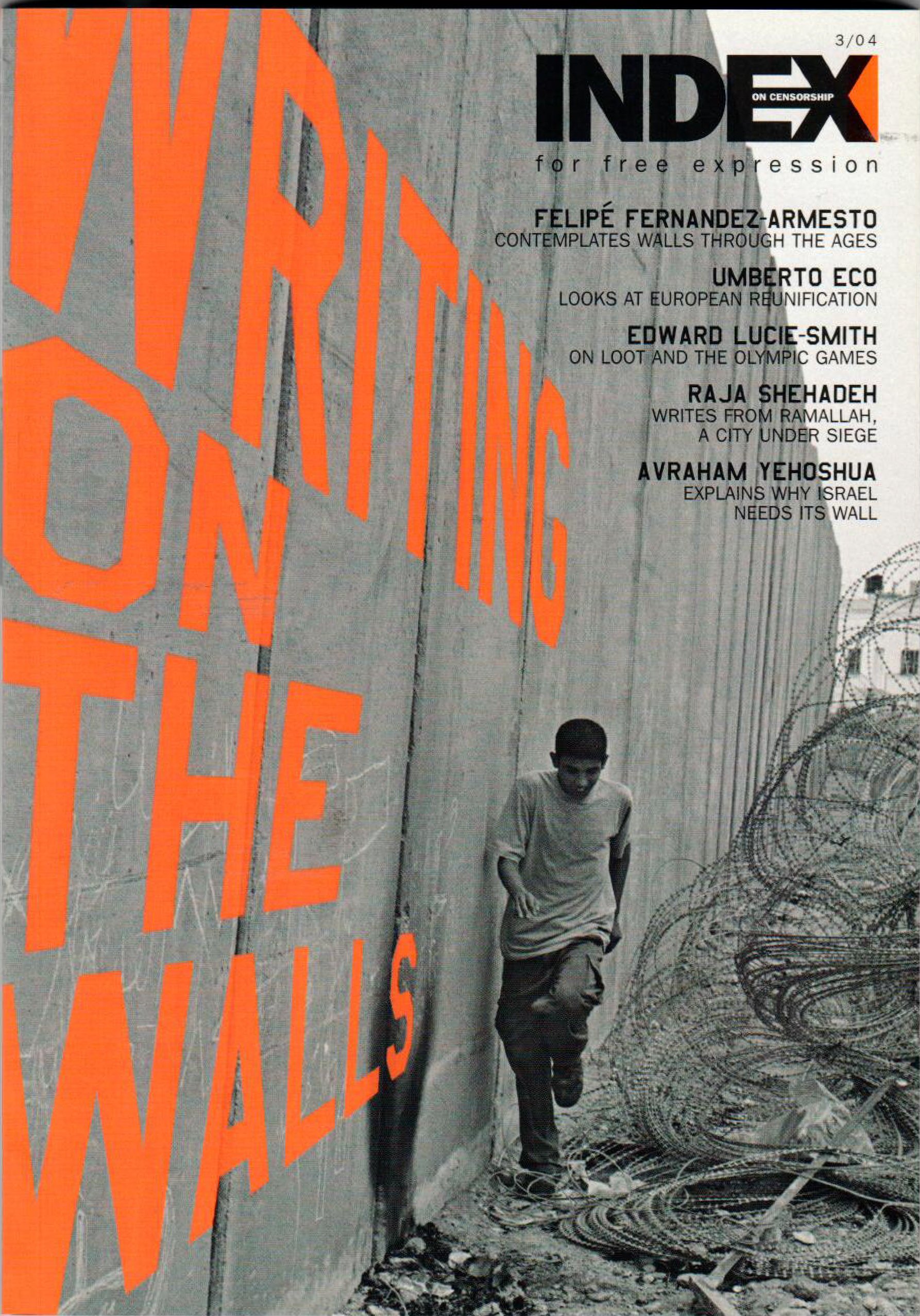
Index on Censorship magazine looks at lives disrupted by man-made borders and the social, political and economic havoc they wreak on communities.
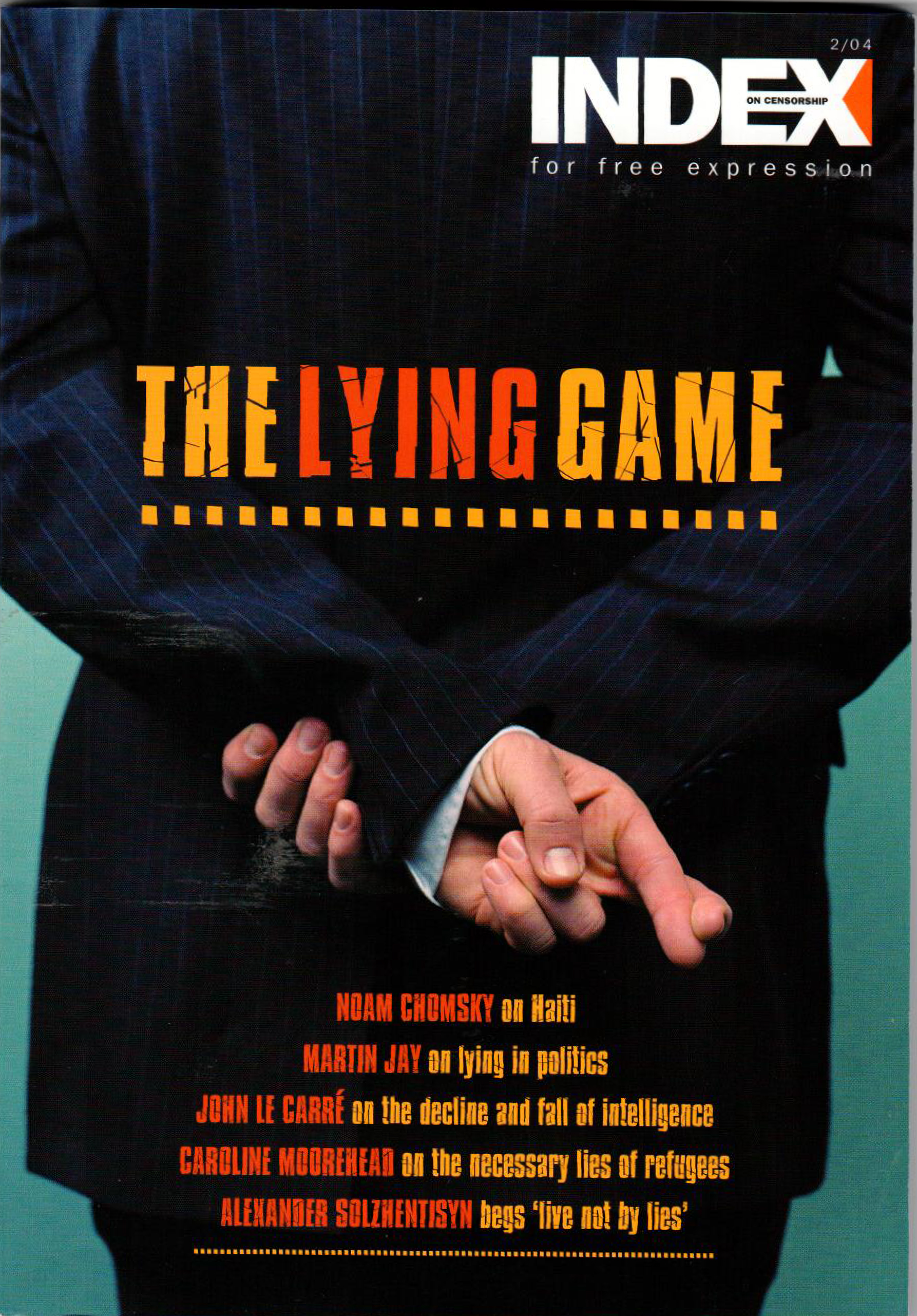
Index looks at a world in which truth segues almost perceptibly unto untruth, politicians come, sincerely, to believe their own lies.
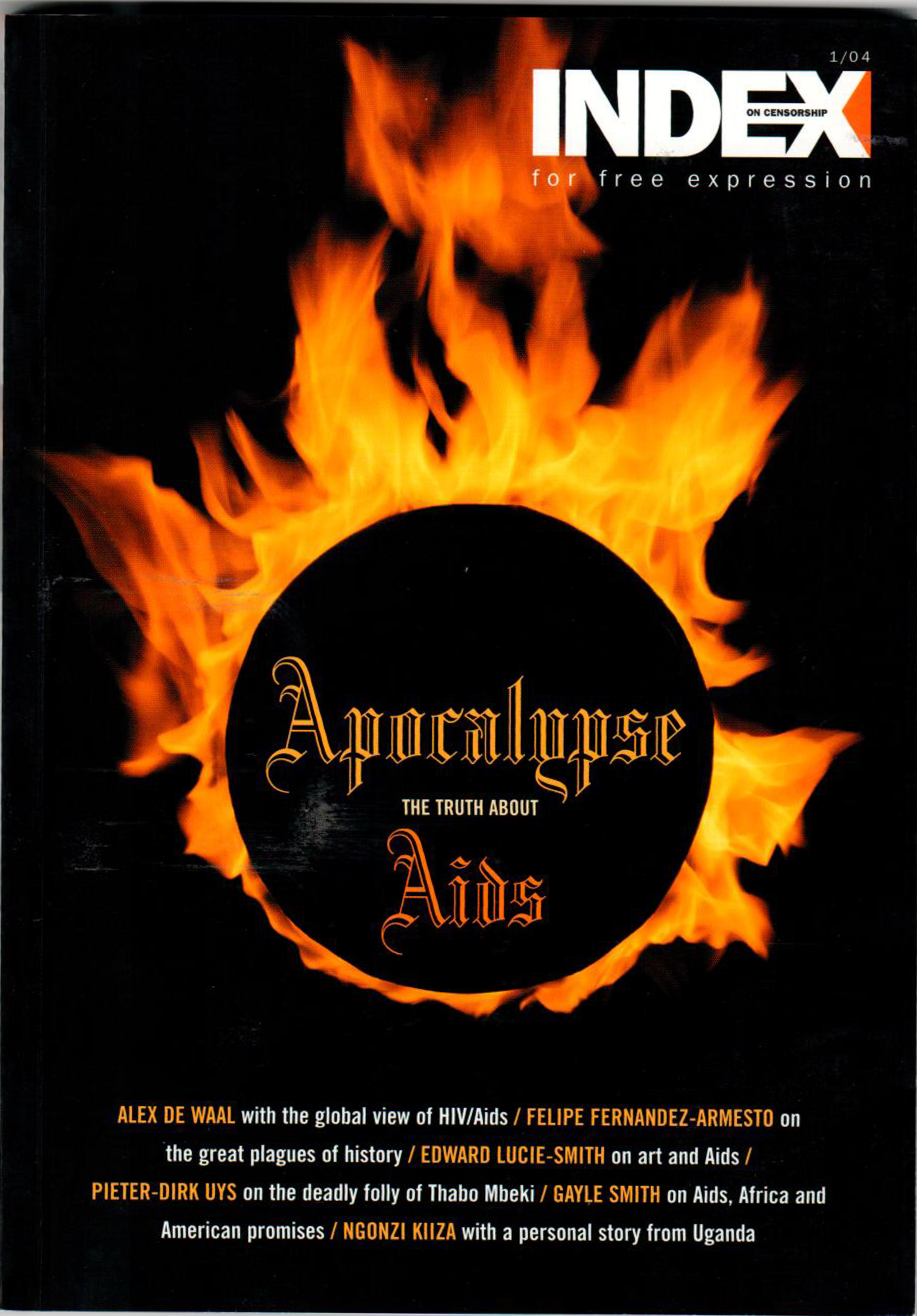
Index attempts to unmask the lies, denial, discrimination surrounding HIV/AIDS – and points the finger at the chief culprits
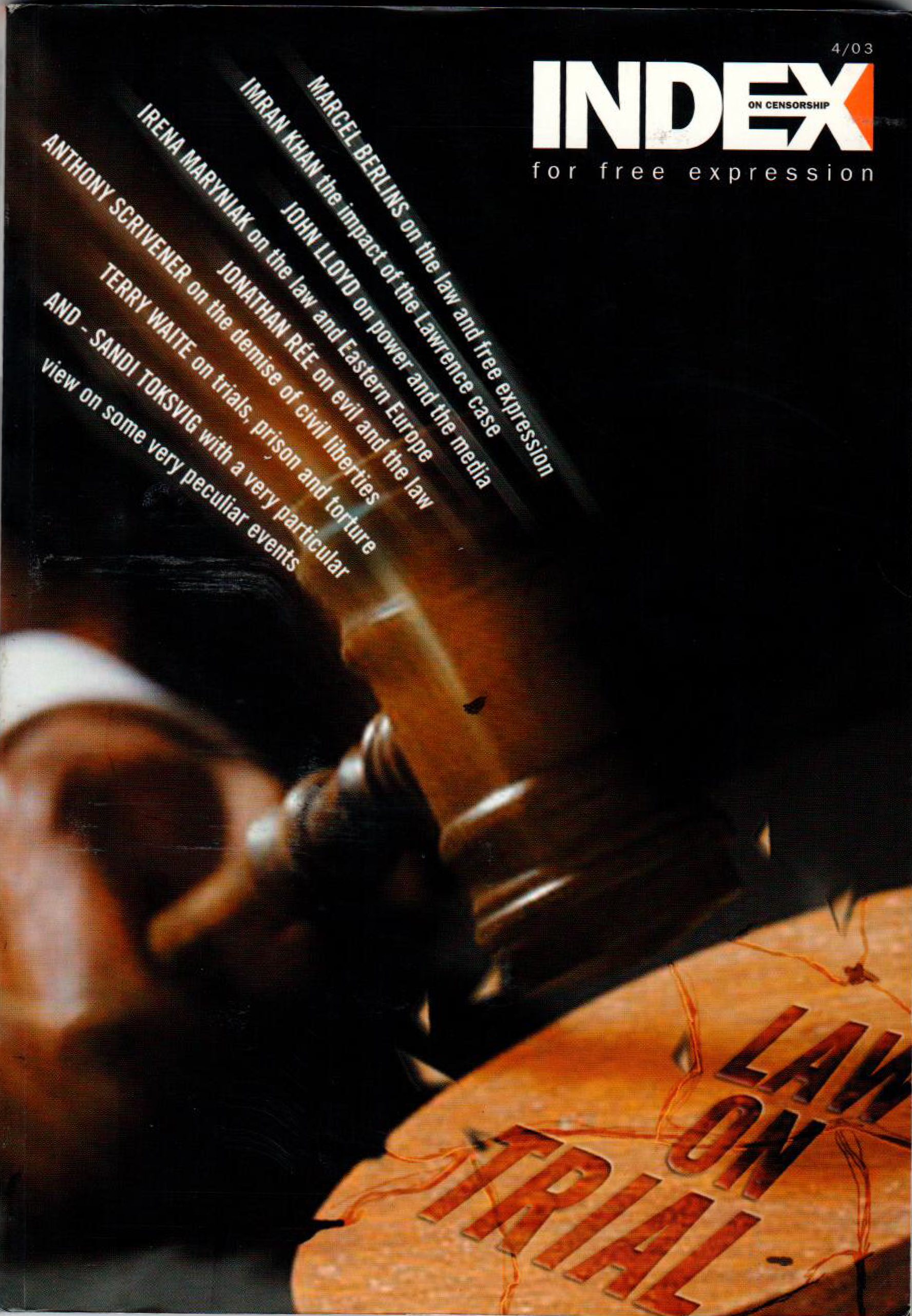
Index attempts to unmask the lies, denial, discrimination surrounding HIV/AIDS – and points the finger at the chief culprits
A quarterly journal set up in 1972, Index on Censorship magazine has published oppressed writers and refused to be silenced across hundreds of issues.
The brainchild of the poet Stephen Spender, and translator Michael Scammell, the magazine’s very first issue included a never-before-published poem, written while serving a sentence in a labour camp, by the Soviet dissident Aleksandr Solzhenitsyn, who went on to win a Nobel prize later that year.
The magazine continued to be a thorn in the side of Soviet censors, but its scope was far wider. From the beginning, Index declared its mission to stand up for free expression as a fundamental human right for people everywhere – it was particularly vocal in its coverage of the oppressive military regimes of southern Europe and Latin America but was also clear that freedom of expression was not only a problem in faraway dictatorships. The winter 1979 issue, for example, reported on a controversy in the United States in which the Public Broadcasting Service had heavily edited a documentary about racism in Britain and then gone to court attempting to prevent screenings of the original version. Learn more.